You are a diplomat or international official
Experience our expertise
At Auwerda & Co., we specialise in providing tax advice to diplomats and employees of international organisations. Our team of experienced tax advisors is ready to assist you in navigating complex tax legislation and maximising your tax benefits.
As a diplomat or employee of an international organisation, your income may be exempt from tax under certain conditions. We understand the unique fiscal challenges you face and offer tailored solutions to optimise your financial situation.
Family situation
Your partner's income can also affect your tax situation. We provide advice on how to integrate your partner's income into your tax planning, so that you can jointly benefit from tax advantages. Our personal approach ensures that your family situation is fully taken into account in our advice.
Customs Exemptions
As a diplomat or employee of an international organisation, you may be eligible for customs exemptions when importing goods. We assist you in understanding and applying these exemptions, so you can import and export goods without worry.
Pension scheme
In addition to your current income, it is important to pay attention to your pension scheme. We offer advice on the tax treatment of your pension, ensuring that you are guaranteed a worry-free future. Our experts assist you in planning and optimising your pension accumulation, taking into account international regulations.

Tax exempt income
Make optimal use of the available tax exemptions that apply to your income to improve your financial situation.

Partner income
If the partner of a privileged person is considered a tax partner, they can file jointly and share certain income and deductions. This can be beneficial for the tax burden.

Pensions
For pensioners, there are various tax regimes based on the so-called Coordinated Pension Scheme, which are based on certain principles.
" Excellent service and in-depth knowledge! Auwerda & Co. has helped me with tax questions regarding my property in box 3. "

" Great experience! As a newly retired person, I had questions regarding tax regulations, but this office explained and arranged everything clearly. Their expertise in this area is impressive. "


The Vienna Convention
The Vienna Convention on Diplomatic Relations, officially known as the 'Vienna Convention on Diplomatic Relations', was adopted in 1961 and forms the basis for diplomatic relations between countries.
The treaty contains provisions that exempt diplomats and their family members from certain national taxes and charges under specific conditions.
The Vienna Convention plays a crucial role in facilitating international diplomatic relations and the functioning of international organisations. Diplomats and staff of international organisations enjoy various tax exemptions. These exemptions are intended to ensure their independence and prevent double taxation.
Main provisions
- Article 34 of the treaty states that diplomats are exempt from all national, regional, and municipal taxes and levies, except for specific services such as property tax and fees for private services;
- Article 36 provides exemption from customs duties and taxes on goods intended for the personal use of diplomats
- Article 37 of the Vienna Convention on Diplomatic Relations governs the privileges and immunities of family members of diplomats and other staff of diplomatic missions.
Staff of International Organisations (and their family members) are generally equated with diplomats and/or family members of diplomats and other staff of diplomatic missions.
Other treaties
Exemptions can also be granted based on the New York Convention on Special Missions to UN-staff members. The Ottawa Convention of 1951 applies to staff of NATO components. And EU officials may also be eligible for exemptions based on EU treaties.
Our references
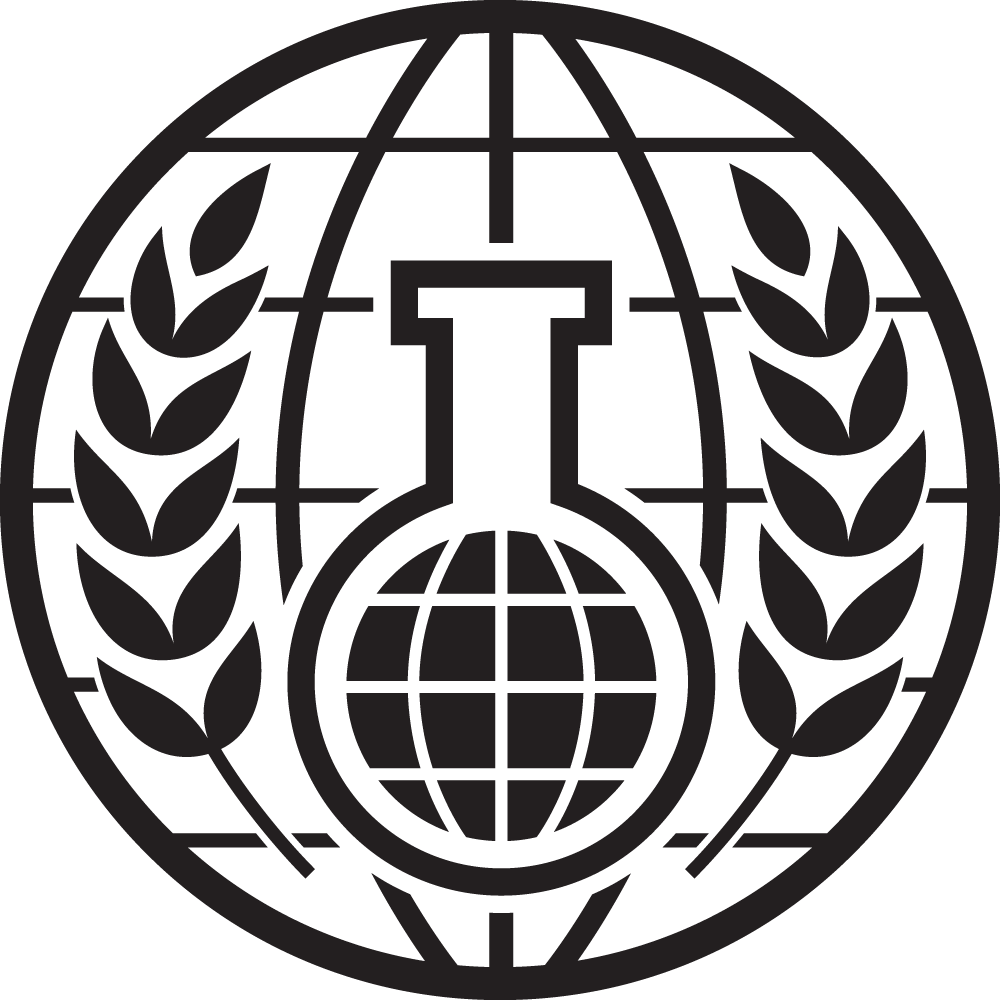
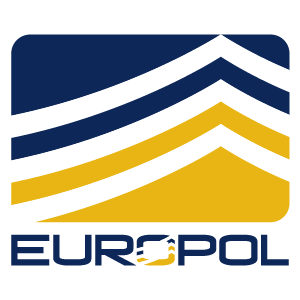
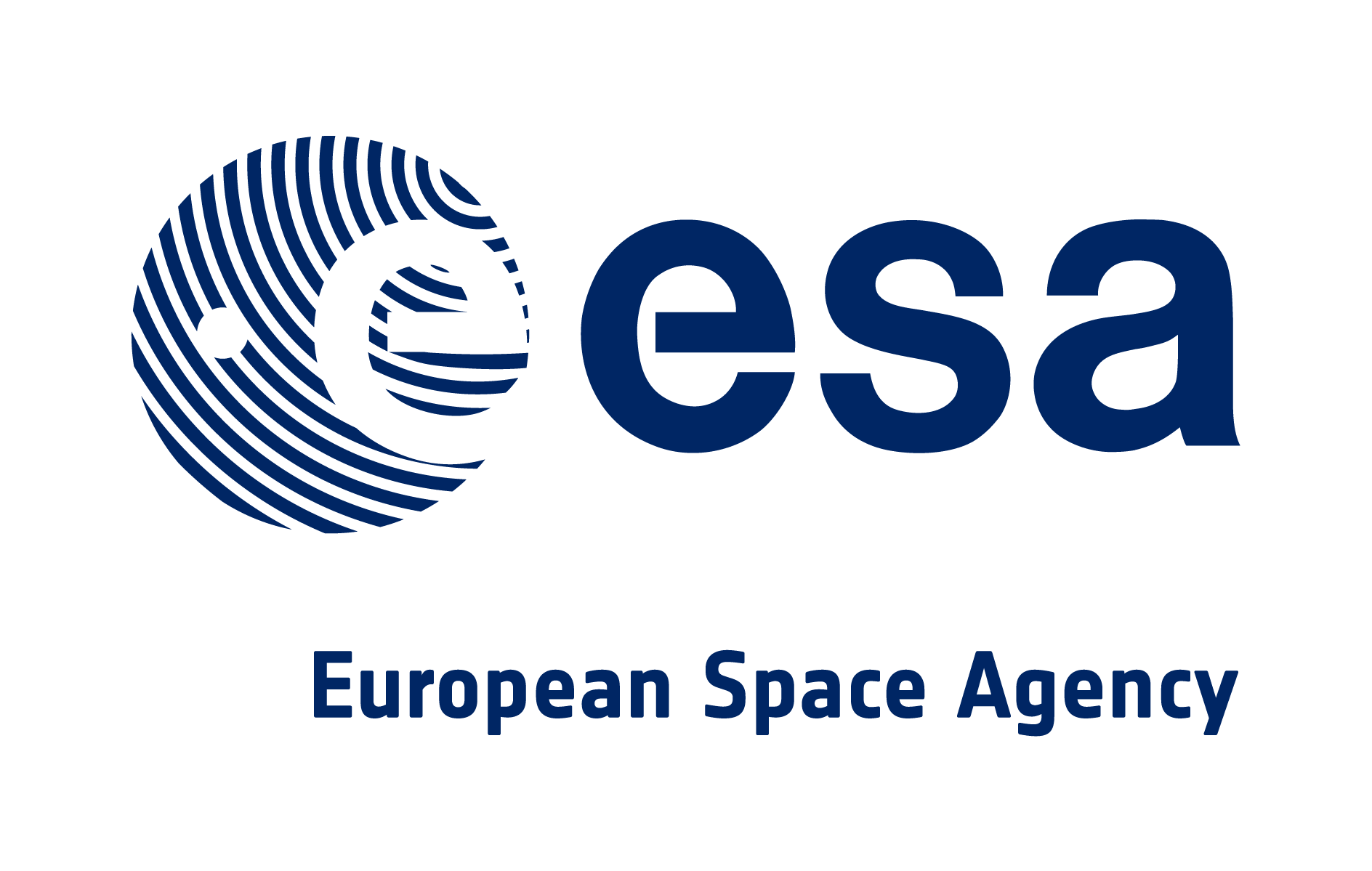
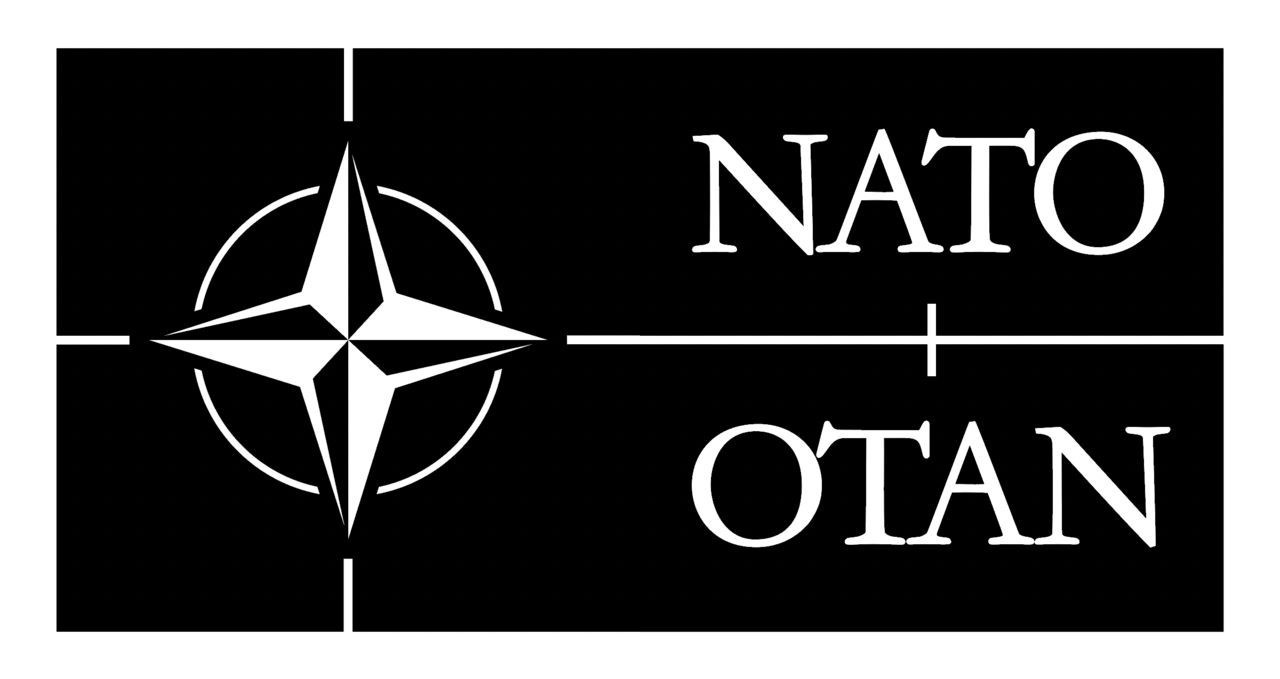
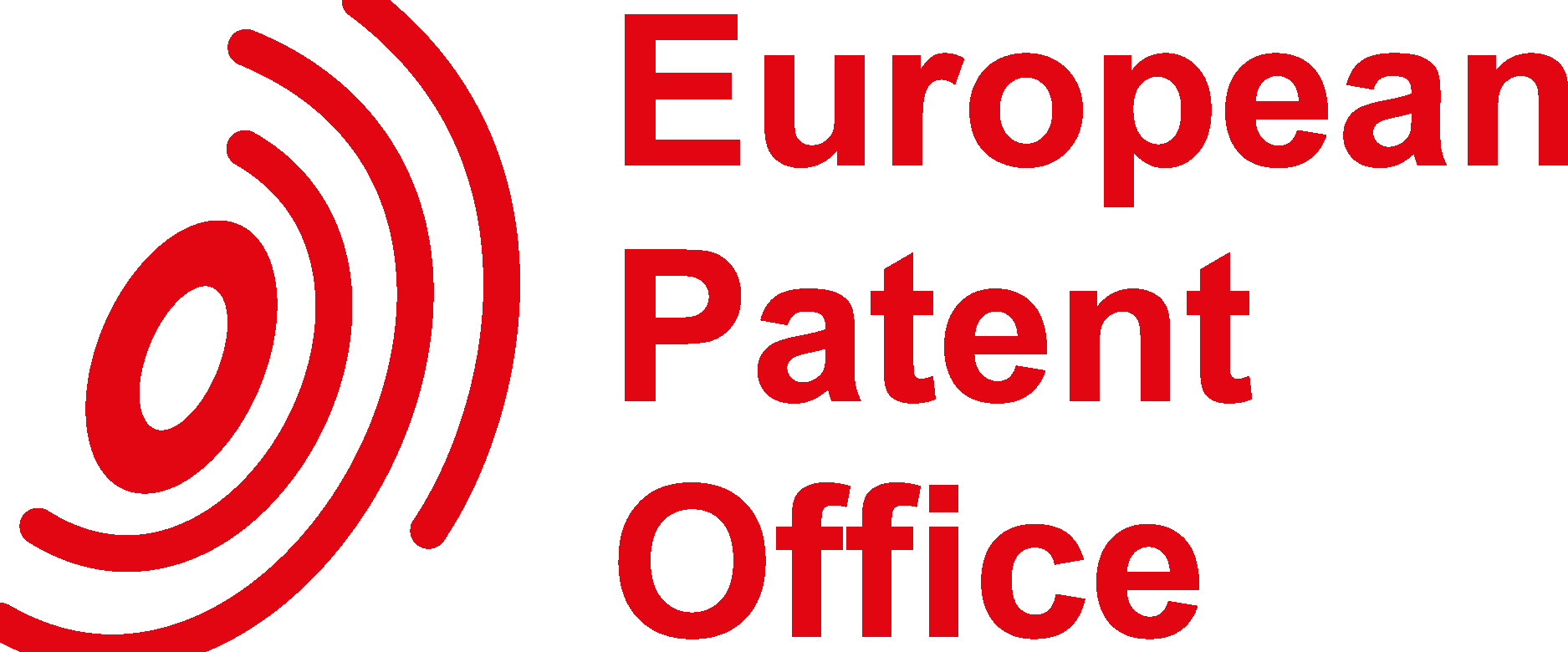
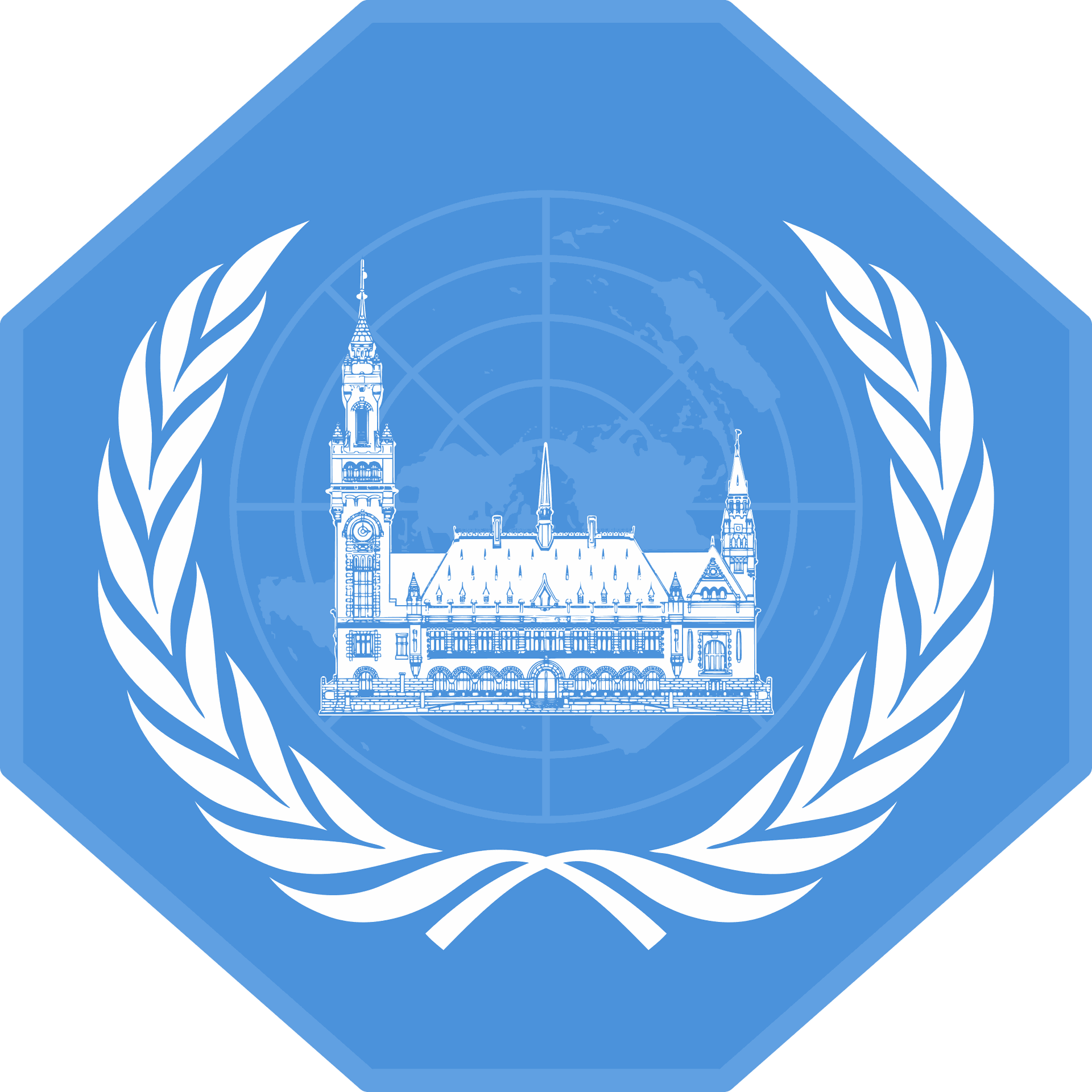
Frequently asked questions
Here are some frequently asked questions regarding exempt income.
Whether you can have your own business alongside your job as an international civil servant depends on various factors, including:
- Rules of the international organisation – Many international organisations, such as the UN, the EU, or NATO, have strict rules regarding secondary activities. Often, you must seek permission, and the secondary activity must not create a conflict of interest.
- Tax implications – International officials often enjoy tax exemptions on their salary. However, additional income from a personal business may be taxable in your country of residence. It is important to check how this income is taxed.
- Country-specific legislation – The rules vary by country. Some countries require you to declare your additional income to the tax authorities, even if you have exemptions as a civil servant.
Do you want to be sure whether it is permitted and tax advantageous in your situation? Then it is wise to seek legal and tax advice from our office.
Even if you are exempt from income tax as an international civil servant, this does not always mean that you do not need to file a tax return. This depends, among other things, on your status and the agreements with the international organisation you work for. Here are some important considerations:
- Filing obligation may still exist – Sometimes you still need to submit a tax return, even if your income is exempt. This may be necessary, for example, to declare other income or to utilise deductions.
- Other taxable income – If you have other income in addition to your salary from the international organisation, such as rental income, investments, or a business of your own, these may be taxable.
- Wealth tax and other obligations – The Dutch tax authorities also levy tax on wealth (such as savings, shares, or real estate). You may also be required to report certain financial information.
- Proof of exemption – Sometimes the tax authorities request a declaration or a statement of exemption to establish your status as an international official.
Do you want to be sure whether you need to file a tax return? Then it is wise to seek tax advice from one of our specialists who have experience with international officials.
Whether you are considered a tax partner as an international civil servant depends on numerous tax regulations. The following guidelines apply in the Netherlands:
Fiscal partnership and international officials
- In the Netherlands, you are not a fiscal partner if you are fully exempt from income tax as an international civil servant and do not fall under Dutch tax liability.
- This means that your partner cannot take advantage of tax benefits, such as the mutual allocation of deductions (for example, mortgage interest relief or healthcare costs).
- You will then (under certain circumstances) also not be included in the calculation of certain allowances (such as healthcare allowance or child-related budget), because your income falls outside Dutch tax liability.
Exceptions and advice
The exact rules may depend on:
- The specific organisation where you work.
- International tax treaties.
- Any other income or assets that you must declare in the Netherlands.
Do you want to be sure how this applies to your situation? Then it is wise to get in touch with us.
Will you be receiving a pension (soon)?
Read here what Auwerda & Co. can do for you.
Tax regimes for pensions of former employees of International Organisations
At Auwerda & Co., we understand that the tax treatment of pensions for former employees of international organisations can be complex.
We provide an overview of the key tax regimes and how we can assist you in navigating through this legislation.
Tax exemption
Former employees of international organisations may be eligible for tax exemption on their pension benefits under certain conditions. This is often the case for organisations such as the European Patent Office (EPO), the European Space Agency (ESA), and the North Atlantic Treaty Organization (NATO).
Specific arrangements per International Organisation
Each international organisation may have specific arrangements for the tax treatment of pensions. We provide specialised advice on the specific arrangements of your former employer and how these affect your pension income.
Pension planning and optimisation
In addition to understanding the various tax regimes, it is important to optimise your pension planning. We offer comprehensive services to maximise your pension accumulation and minimise your tax burden. Our experts assist you in making informed choices to secure your financial future.
What support do we offer?
We can prepare a pension simulation for you, based on your most recent income data. We can also advise you on the appropriate pension method if you are moving abroad.
" The decision on pensions for International Organisations from August 2022 can have a significant impact on your Box 3 assets"

Nederland is de thuisbasis van zo'n 40 internationale organisaties (IO's). Deze organisaties worden beschouwd als "entiteiten waaraan staten deelnemen, opgericht via internationale overeenkomsten en met eigen organen".
Voorbeelden van internationale organisaties in Nederland zijn:
Het Europees Geneesmiddelen Agentschap (EMA);
Het Europees octrooibureau (EOB);
de NATO Communications and Information Agency;
het European Space Agency/European Space Technology Centre (ESA/ESTEC);
Het Internationaal Gerechtshof;
Het Internationaal Strafhof.
De meeste internationale organisaties in Nederland zitten in Den Haag. Als stad van Vrede en Recht behoort Den Haag tot de internationale top van vestigingsplaatsen. Net zoals Brussel, Genève en Wenen.



